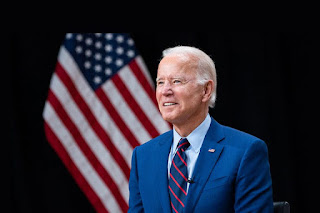Biden Administration Tells Employers to Stop Shackling Workers with Noncompete Agreements
Noncompete agreements, also known as restrictive covenants, are contractual clauses commonly used by employers to prohibit workers from joining competitors or starting similar businesses for a set time after leaving. Critics argue they can hamper economic mobility and stifle innovation by preventing employees from pursuing better opportunities or forcing them to remain in undesirable roles. Additionally, critics say these agreements are often too broad, restricting workers from any related field work regardless of legitimate threat to the former employer.
The Biden administration recently urged companies to review noncompete use and limit it only to situations truly needing the protection of valid business interests. It emphasized agreements should not unnecessarily curb job movement or suppress labor market competition.
This stance is expected to significantly impact both workers and businesses. Workers may now more freely follow career paths aligned with their skills without restrictive agreements’ fear. Meanwhile, companies may need to reevaluate noncompete use and find alternative proprietary information and competitive edge protection.
Beyond calling on voluntary employer limits, the administration expressed legislative action support to further curb such agreements. Several states passed restrictive laws already, and federal-level worker protections are gaining momentum.
Prioritizing employment mobility, the administration aims to promote economic opportunity and labor market competition by ending widespread noncompete use. However, the full policy impact remains unseen as businesses and workers adjust to the new regulatory landscape.



Comments
Post a Comment